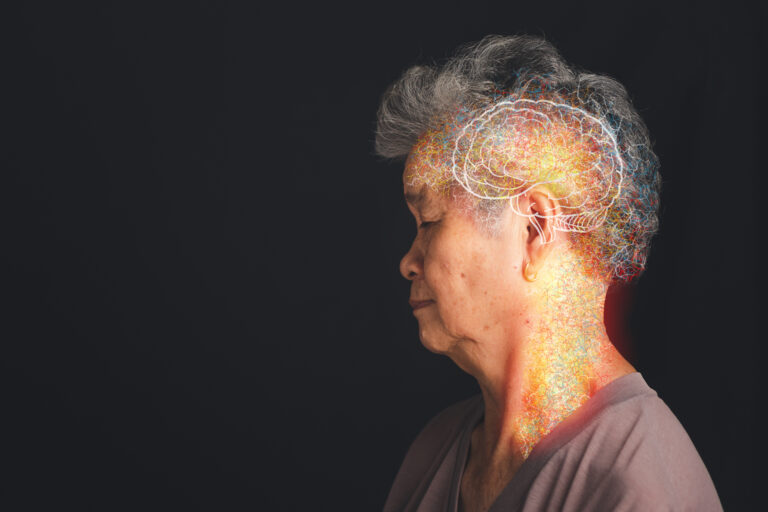Dementia is a progressive and degenerative brain disorder that affects millions of people worldwide. It gradually impairs memory, thinking, and behavior, and can significantly impact a person’s daily life. While most people associate dementia with memory loss, there are also many silent signs that often go unnoticed but can be early indicators of the condition. Recognizing these signs is crucial in getting an early diagnosis and starting treatment, which can help slow down the progression of the disease.
Here are some silent signs of dementia to look out for and how to recognize them:
Changes in behavior and mood
One of the silent signs of dementia is a change in behavior and mood. This can manifest in various ways, such as becoming more withdrawn or agitated, displaying irritability or uncharacteristic anger, or experiencing sudden mood swings. These changes can be subtle and may not be immediately noticeable, but they can be a red flag for dementia. If you or a loved one is displaying unexplained changes in behavior or mood, it is essential to consult a doctor for further evaluation.
Difficulty with language and communication
As dementia progresses, a person may have difficulty finding the right words or expressing themselves clearly. They may repeat themselves often, struggle to follow conversations, or have trouble understanding what others are saying. These communication difficulties can be frustrating for both the individual and their loved ones. If you notice these changes in yourself or a loved one, it may be a sign of early-stage dementia.
Trouble with everyday tasks
Another silent sign of dementia is having difficulty with everyday tasks that were once routine. This can include forgetting how to perform simple tasks like making a cup of tea, following a recipe, or getting dressed. In the early stages of dementia, these changes may go unnoticed as the individual may still be able to complete the tasks with some effort. However, if these difficulties persist or worsen over time, it could be a sign of dementia.
Confusion and disorientation
People with dementia may become increasingly confused and disoriented, particularly in unfamiliar environments. They may have trouble remembering where they are or how they got there, and this can lead to them getting lost even in familiar places. They may also have difficulty keeping track of time and dates, making it challenging to plan and carry out daily activities. If you or a loved one starts showing signs of disorientation, it could be a silent sign of dementia.
Difficulty with visual perception
Another lesser-known but critical silent sign of dementia is difficulty with visual perception. This can manifest in various ways, such as trouble judging distances, difficulty with depth perception, or problems with balance and coordination. These visual perception issues can be particularly concerning for older adults, as they increase the risk of falls and accidents. If you or a loved one is experiencing these difficulties, it is vital to speak to a doctor for further assessment.
Loss of interest or motivation
People with dementia may start losing interest in their hobbies and activities that they once enjoyed. They may also struggle with completing tasks or lose motivation to start new ones. This loss of interest and motivation can be a result of difficulty remembering how to do certain activities or not being able to follow through with plans. It is essential to pay attention to these changes in behavior as they could be silent signs of dementia.
Repetitive behavior
Repetitive behavior is another silent sign of dementia that often goes unnoticed. This can include doing the same thing over and over again, asking the same questions repeatedly, or displaying repetitive motor movements like tapping fingers or pacing. These behaviors may seem harmless at first, but if they persist and start interfering with daily life, they should not be ignored.
Conclusion
Dementia is a complex and challenging condition that affects millions of people worldwide. While memory loss is often the most well-known symptom, there are also many silent signs that can indicate the presence of this disease. By being aware of these silent signs and recognizing them early on, we can take the necessary steps to seek medical help and start treatment. If you or a loved one is displaying any of these silent signs, do not hesitate to consult a doctor for further evaluation and support.





